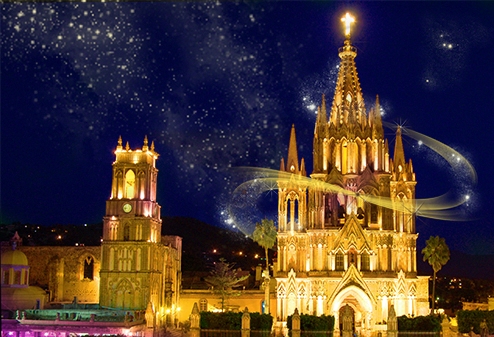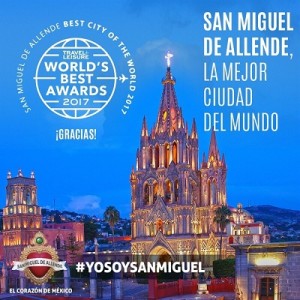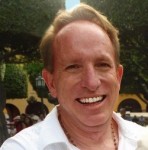By now you’d have to be dead to not know Travel and Leisure magazine once again selected San Miguel as the best place on Earth to visit. It’s an honor not to be taken lightly and, as a contributor to the magazine, I’m thrilled to have been a tiny supporting player in our town’s success. Having grown up in Chocolate Town, USA (Hershey, PA) and raised my children on an isolated island that is also a beach resort, (Bald Head Island, NC) I know well the power of tourism to make a lovely place to live year-round.
The article made me pondered what is the future for retired folks from the US living year-round in San Miguel?
Historically, we got our start with Stirling Dickinson’s efforts to form an art colony for veterans from World War Two. That led to a Life magazine article in the 1940s which was our introduction to English speaking magazine articles that Travel and Leisure continues. Foreign tourism led to a small population of US residents.
For many ex-school teachers, postal workers and others with a pension San Miguel offered a unique combination of affordable living abroad with a strong English speaking community. That’s changed over time. Yes, we’ve still a strong English speaking cultural base of burlesque shows, stand up comics, baroque music festivals and alike but only when the part-time Canadian residents are here between Christmas and Easter. Otherwise, we are lucky to be a high-end Mexican tourist destination year round that the current administration is promoting.
Years past the NGOs (Non-government Organizations, businesses that when they’ve a profit can provide a charitable service) provided volunteer opportunities for ex-pats. At an NGO a former teacher can suddenly find themselves in charge of multiple businesses. Everything from restaurants and tours to a theater or store. It was stimulating for that generation of retirees.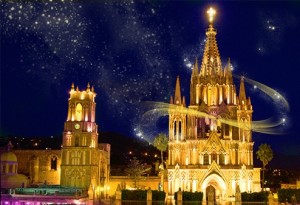
The latest wave of American retirees have managed their own retirement though income and investments. They aren’t retiring to be in charge of a business as that’s the world they left behind. They’ll pet a cat for hour a week at the SPA, or shelf some books, but to run a business? Again, and for free, holds little appeal. No NGO in town complains about having too many, or too young, volunteers.
If NGOs are not able to get volunteers to manage their businesses what would that look like? Fifteen years ago there was only one place, in English, to see films, get books, take a tour or read a paper. All that changed with an expansion of locally owned businesses in these areas, plus internet options, implying many of these NGO businesses are no long needed.
Not that their charitable services aren’t. But, again, a retiree that was clever enough to fund their own retirement is normally clever enough to help those in need directly. For example, I recently had a manager from a NGO very annoyed at me for buying needed household items directly for a family instead of filtering the money through the NGO for her to decide how to spend it. Today’s retirees don’t need a middle man to help them donate and often aren’t motivated by a tax receipt.
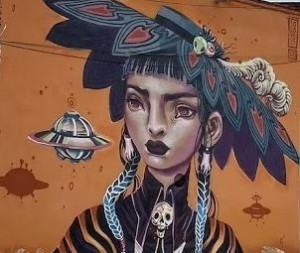 So what is the future of an American ex-pat community? I’m not psychic, but my guess is with time, NGOs will diminish in scope or simply disappear. Their service to the ex-pat community replaced by on-line options like free Kindle books while their services to the Mexican community will be replaced by individual contributors. The US impact culturally will lessen but perhaps that OK, as there is plenty of culture already here year round as the Travel and Leisure article points out.
So what is the future of an American ex-pat community? I’m not psychic, but my guess is with time, NGOs will diminish in scope or simply disappear. Their service to the ex-pat community replaced by on-line options like free Kindle books while their services to the Mexican community will be replaced by individual contributors. The US impact culturally will lessen but perhaps that OK, as there is plenty of culture already here year round as the Travel and Leisure article points out.
I loved living at the beach year-round, as I do here. A season can come and go, but there is always something to enjoy here including the ever present ex-pat hotspot, Hank’s!
Joseph Toone is the Historical Society’s short-story award winning author of the SMA Secrets book series. All books in the series are Amazon bestsellers in Mexican Travel and Holidays. Toone is SMA’s expert and TripAdvisor’s top ranked historical tour guide telling the stories behind what we do in today’s SMA. Visit HistoryAndCultureWalkin

